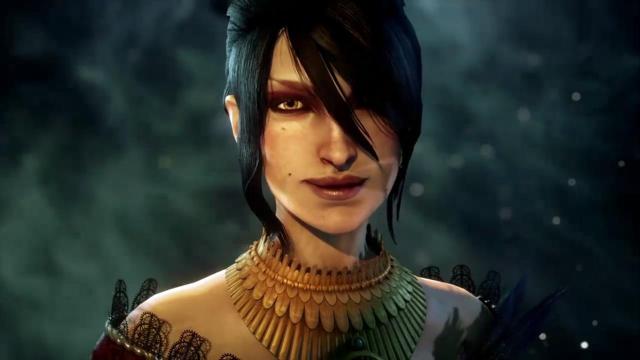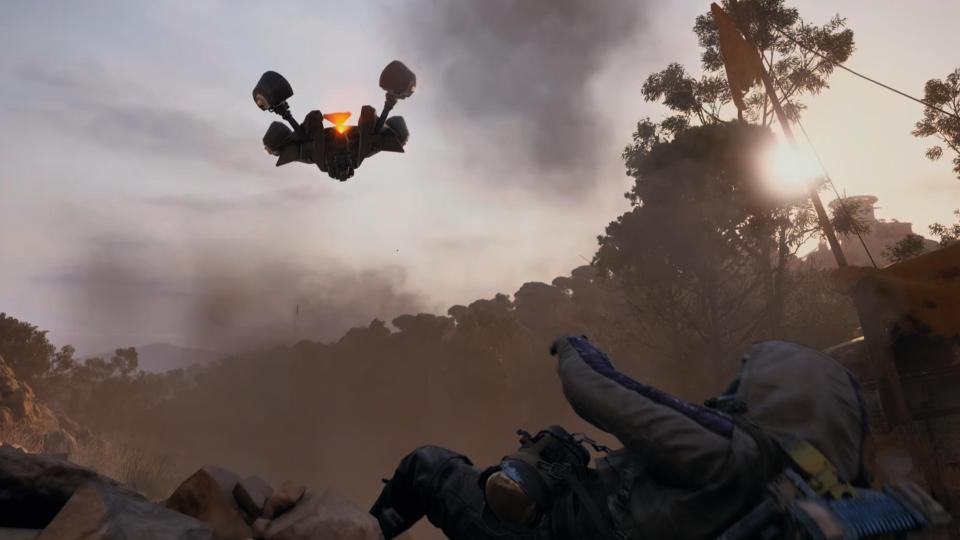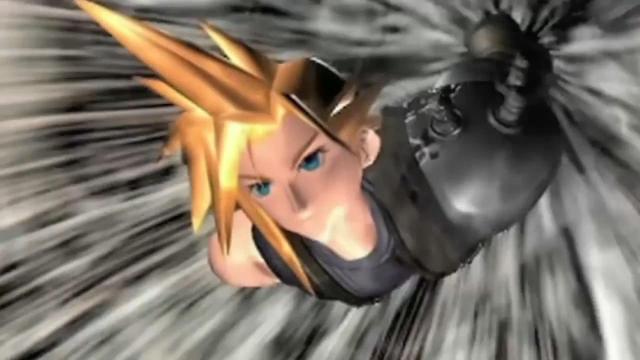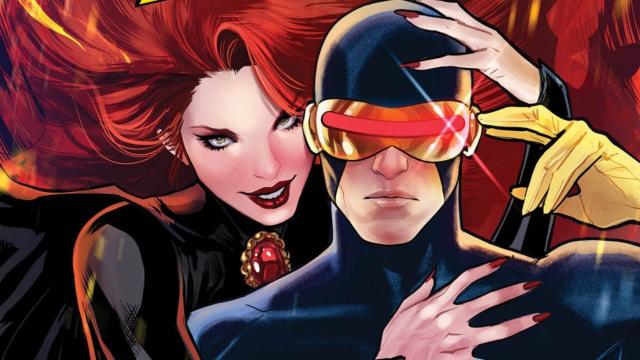Former BioWare executive producer Mark Darrah has discussed the dominance of the mage class in Dragon Age: Origins, indicating it stems from design influences of second edition Dungeons & Dragons. He noted that while Dragon Age: Origins wasn't strictly based on this D&D edition, its custom system was heavily inspired by its principles. Mages were designed to be much more complex compared to rogues and warriors, resulting in a more powerful playstyle. The game's grounded tone also contributed to the simplicity of the other classes, limiting their abilities to those that made sense within the game's lore. Fans of the franchise often express a desire for BioWare to revisit this style of gameplay, especially after subsequent entries diluted the complexity and groundedness of the original.
Why was the mage class considered overpowered in Dragon Age: Origins?The mage class in Dragon Age: Origins was seen as overpowered primarily due to its intricate design, influenced by second edition Dungeons & Dragons. This complexity resulted in a more robust spell system, while warriors and rogues had more simplistic abilities that adhered closely to the game's grounded narrative, limiting their effectiveness compared to mages.
Dragon Age: Origins, released in 2009, received critical acclaim for its deep storytelling and character development. Players could explore a rich world filled with moral choices and intricate lore. The game's unique blend of tactical combat and role-playing elements, along with memorable companions like Morrigan, solidified its place as a beloved title in the fantasy RPG genre. With the franchise continuing to evolve, many long-time fans still look back fondly on the solid foundations laid by this title.








Comments
Man, it's cool to see how those old-school D&D roots gave mages that extra oomph while keeping the other classes more grounded. Makes you appreciate when games aren't afraid to let one class just go all out, even if it means they totally break the game sometimes.
It's wild how a little D&D inspiration can create such a lasting class imbalance, but honestly, that complexity is what made mages so fun to master. Kinda makes you wish more modern RPGs weren't afraid to let classes feel truly distinct, even if it means some are a bit busted.